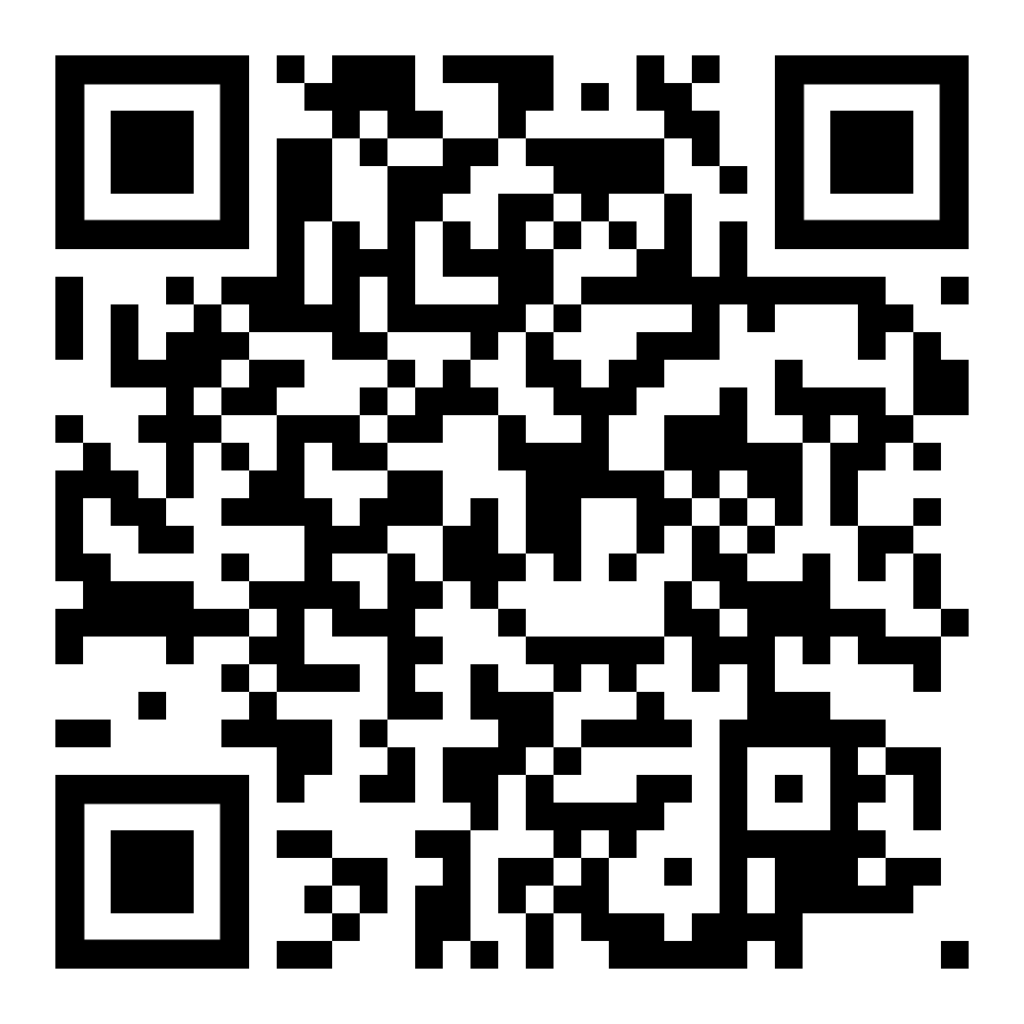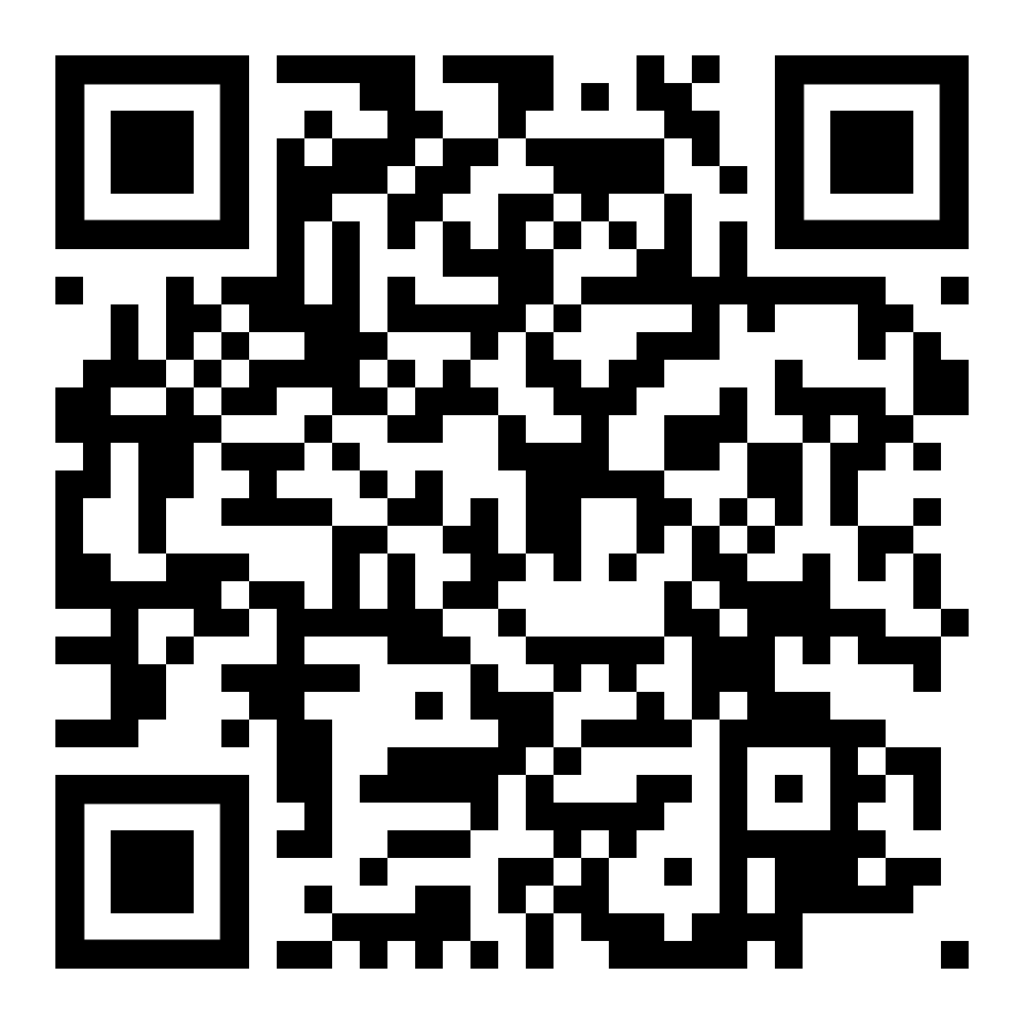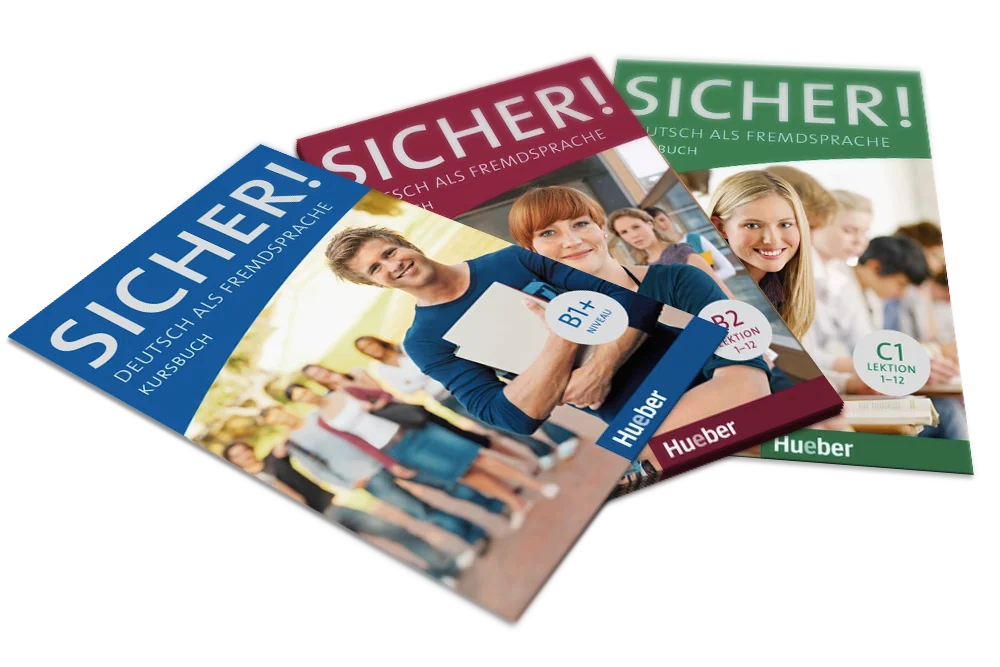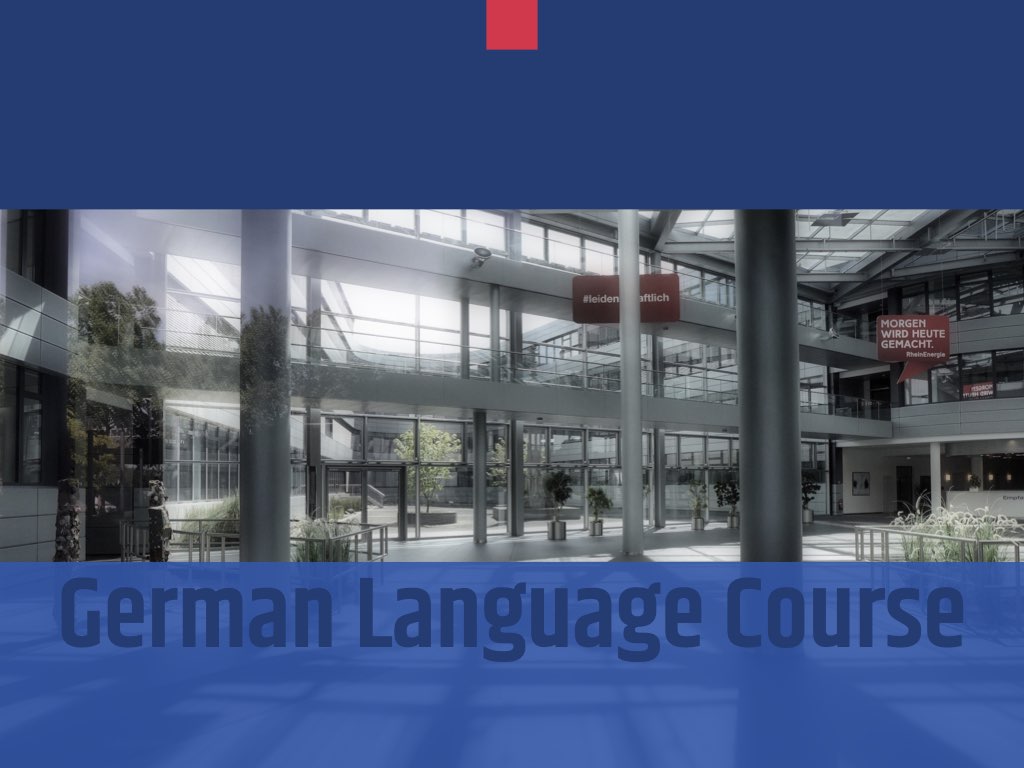An intensive language course for students at universities is a comprehensive program designed to quickly advance language skills for academic and professional purposes. The courses typically cover a wide range of topics and skills, from basic to advanced levels, enabling participants to confidently navigate both university life and future career paths.
Here is a general overview of the content you would typically find in such a course, based on the syllabi for academy German B1+ and A2+, which are structured thematically and grammatically:
A2 Level (M4)
- Grammar: You will learn to use verbs and adjectives with prepositions, and master negation with nicht and kein. The curriculum also includes reflexive and reciprocal verbs, the attributive use of comparatives and superlatives, and conditional and temporal subordinate clauses. You will also be introduced to relative clauses in the nominative, accusative, and dative cases.
- Vocabulary: The vocabulary focuses on topics relevant to everyday life, such as shared apartments, rules, conflicts, cooking, and household appliances. It also covers topics like learning, school systems, professions, and city life.
- Communicative Skills: You will practice formulating rules, apologizing, and expressing conditions and consequences. The course also includes exercises on telling stories, describing places, and giving presentations.
B1 Level (M5)
- Grammar: The course builds on the A2 foundation by introducing more complex sentence structures. Key topics include final clauses with damit and um… zu, modal clauses with indem, and consecutive clauses with sodass. You will also learn about the Plusquamperfekt tense and the passive voice in various tenses. Further modules cover lassen + infinitive, infinitive clauses as subject or object, and modal verbs in the perfect tense.
- Vocabulary: The vocabulary expands to cover more abstract topics such as human relationships, historical events (like the German reunification), emergencies, crime, and cultural topics.
- Communicative Skills: You will practice reporting on historical events, stating consequences, and reporting emergencies and accidents. The course also focuses on expressing opinions with justification and writing argumentative texts.
- Professional Skills: The course is designed to prepare you for professional communication, including job interviews, phone calls, meetings, and business correspondence.
The curriculum uses a combination of textbooks and supplementary materials, including exercises marked by their focus on grammar, oral expression, or listening comprehension. Blue-marked exercises offer interactive correction and solutions.
- Required Materials: Bring a notebook, pens, and a digital device if needed.
- Methods: The course uses a variety of interactive methods, including short lectures, group work, case studies, role-playing, and real-time feedback.

Semesterkurs B1 (1) – Modul 5
Overview of the A2 Language course (M4)
This language course is for participants who want to deepen their German skills at the A2 level. The course book contains five sub-chapters. The teaching guides provide instructors with advice, tips, and additional information for conducting the course.
Main topics and learning objectives
The course is structured thematically and grammatically.
- Grammar: Participants learn to use verbs and adjectives with prepositions. A focus is placed on negation with nicht, especially its position in the sentence and the difference between sentence and part-of-sentence negation. Further topics include reflexive and reciprocal verbs, the attributive use of the comparative and superlative, conditional and temporal subordinate clauses, conjunctions at position, demonstrative and possessive pronouns, as well as relative clauses in the nominative, accusative, and dative cases.
- Vocabulary: The lexical fields include topics such as shared flat living, rules, conflicts, cooking, household appliances, learning, school systems, professions, landscapes, childhood memories, living, apartment hunting, urban mobility, and city life.
- Communicative Actions: Learners practice formulating rules, apologizing, talking about learning tips and their own educational biography, expressing conditions and consequences, retelling or writing stories, describing apartments, places, and landscapes, giving presentations, and writing argumentatively.
- Pronunciation (Phonetics): Special attention is given to the pronunciation of consonants such as pf, st, and sp.
Additional materials and methods
The course uses extensive additional material. The exercises in the additional material are marked according to the skill they primarily focus on (e.g., grammar (GR), oral expression (mA), or listening comprehension (HV)). Sub-tasks that are marked in blue have correction and solution functions in the interactive edition. Preliminary exercises are designed for self-study and serve as preparation for the next coursebook unit.
The teaching methods include starting with personal experiences, deducing vocabulary from context, collecting recipes, and using idiomatic expressions.

Semesterkurs A2 (2) – Modul 4



